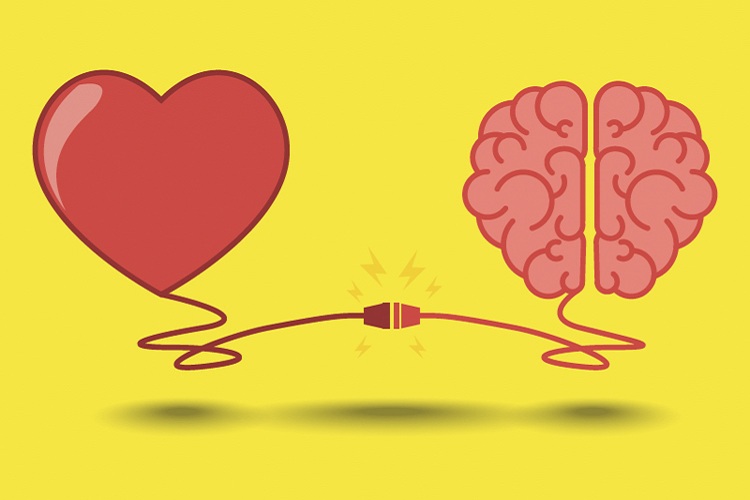
Do you know how to develop your empathy?
First: do you know what empathy is?
Empathetic people have a natural predisposition for some of the most sought-after skills in job offers: teamwork, leadership, negotiation skills and customer service. There are very few professionals who truly do not feel empathy. Human beings have this quality by nature. Empathy is an adaptive behavior that has become inscribed in one's biology.

It is related to the mirror neurons, a type of cell that is activated when we observe a behavior and feel the impulse to imitate it. This happens with laughter, crying, and many other feelings. It allows us to learn by imitation. We do not need to touch the same object that someone else has burned themselves with because we have seen their expression of pain when they touched it. That is why it is considered an adaptive behavior.
Empathy is the ability to identify with someone and share their feelings. It is popularly known as "knowing how to put yourself in someone else's shoes." But, as with any other innate ability, some develop it more and others not so much, and it is always possible to enhance it.

Learn to develop your empathy!
If you are one of those people who has less developed empathy, do not give up the game. This is one of the skills that can be worked onThere is a term that everyone knows well that defines this purpose: becoming sensitive. One of the first steps to begin to enhance your empathy is to observe.

Pay attention to people's reactions around you and what happens to them. To do this, you have to make the effort to stop observing yourself for a moment. You may have other things on your mind that occupy you almost every hour of the day. Put them aside for a moment and pay attention to the shop assistant who sells you bread, the neighbor who greets you, or the friend you are chatting with. If you have never stopped to consciously make this type of observation, you will be amazed at what you will discover.
There are also activities close to work experience that will allow you to increase your work-oriented empathy. Here are some examples:
- Belong to an association with common interests.
- Carry out collaborative work.
- Get involved in projects carried out in work groups.
- Do volunteer work.
Does empathy help at work?
The answer is simple: yes, because it generates benefits. Complying with the rules of coexistence really pays off. An empathetic person will try to consider other points of view besides his own. And, generally, he will not only look out for his own interests, but also for those of the group and the company.

Some of the most valued skills depend largely on whether the person is empathetic:
- Teamwork. Understanding the points of view of other colleagues helps to eliminate prejudices. It is not just your idea that counts, but anyone's ideas that are really effective. For an empathetic person, it is easier to work towards a common goal even if their way of seeing things has not prevailed.
- Leadership. Command can be exercised without any empathy; however, leadership cannot. good leader He has people in his charge who trust in his ability to coordinate work. And this is largely because they feel listened to. Their ideas are valid in decision-making. Trust is reciprocal; those who exercise good leadership pay attention to anyone on the team who knows how to resolve an issue. He accepts that, as a human being, he makes mistakes and can be wrong. His ability to find the best solution overrides his ego.
- Negotiation. In a negotiation process, empathy plays a fundamental role. Too much or too little of this skill can end the deal or lead to an unfavourable agreement. Knowing how to decipher the other party's reactions will become the key to demanding more conditions or relaxing the initial requests a little.
- Customer service. An empathetic person is always a kind person. He or she puts himself or herself in the other person's shoes and treats them with respect and kindness. On the other hand, this quality helps one to know how to detect what the public demands and to meet their needs as much as possible.
When workers develop their empathy, everyday work becomes more enjoyable, as do work environments. Therefore, creativity and respect thrive in these spaces, thus promoting both productivity of workers and of the companies themselves.



